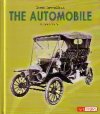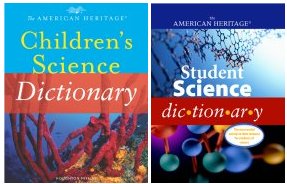Revving Up Green Machines Additional Information
You can learn more about hydrogen fuel cells at www.eere.energy.gov/hydrogenandfuelcells/ (U.S. Department of Energy).
Information on how hybrid cars work can be found at auto.howstuffworks.com/hybrid-car.htm(HowStuffWorks).
Research at the Rocky Mountain Institute on improving cars is described at www.rmi.org/sitepages/pid386.php(Rocky Mountain Institute).
Links to resources available for teachers and students about hydrogen energy is available at www.nrel.gov/clean_energy/teach_hydrogen.html (National Renewable Energy Laboratory).
Information on alternative fuels can be found at www.eere.energy.gov/afdc/(U.S. Department of Energy).
To find out how much a motorist could save at the gas pump by driving vehicles equipped with technology for improving fuel efficiency, go to www.40mpg.org/
(Civil Society Institute).
You can learn about GM’s AUTOnomy vehicle at www.gm.com/company/gmability/adv_tech/600_tt/650_future/autonomy_050103.html
(General Motors).
For Teachers:
Lesson plans and activities developed by General Motors can be found at www.gm.com/company/gmability/edu_k-12/teachers/index.html (General Motors).
Books recommended by SearchIt!Science:
 |
The Automobile — Julie L. Sinclair
Published by Capstone Press, 2004.
During the 1800s, the average person would not travel more than 1,200 miles in his or her lifetime. There were few roads, and stagecoaches and trains were the main ways of getting around. But in the 1870s, two German engineers named Nicolaus Otto and Gottlieb Daimler built an engine that ran on gasoline, and in 1885, Karl Benz built the first modern automobile. This simple introduction to the automobile explains how a car works, how cars became popular, and how cars are made today. |
Power Words
fuel cell A device that uses a chemical reaction to make electricity. Fuel cells are used in space shuttles, where they create electricity by combining hydrogen gas with oxygen.
hydrogen A chemical element that exists freely on Earth as a gas and is combined with oxygen in water. Hydrogen is the lightest and most common element in the universe. It burns easily and occurs in many important chemical compounds.
Copyright © 2002, 2003 Houghton-Mifflin Company. All rights reserved. Used with permission.
